‘MY FRIEND, MY ENEMY’
By DAN VALENTI
PLANET VALENTI News and Commentary
(FORTRESS OF SOLITUDE, THURSDAY, JAN. 3, 2012) — Today, we give THE PLANET over to a magnificently written guest column. The topic concerns one of great interest to ourselves and many. The author is Nabil Shaath, chief negotiator for the Palestine Authority in its talks with Israel over a two-state solution to the interminable Middle East crisis.
The column, first penned to ynetnews.com, was sent to me by a friend who works for Americans for Peace Now, the U.S. arm of the Israeli Peace Now movement, also known as Shalom Achshav. It was sent for publication on THE PLANET. We are happy to share.
—– 00 —–
My friend, my enemy
Op-ed: Nabil Shaath remembers Lipkin-Shahak, who told him: ‘It’s time to stop the killing’
Nabil Shaath
Special to PLANET VALENTI News and Commentary by Special Permission of Americans for Peace Now and ynetnews.com
|
I met him at his home a month ago. He was weak and fragile and came out to meet my on crutches, but the smile I knew so well was still there. He said he was determined to survive until peace arrives.
| Lipkin-Shahak Remembered | ||||||
My memory took me back to our first meeting in 1993, in Egypt. I arrived in Taba following the Israel-Palestinian summit in Cairo, which was headed by Rabin and Arafat.Arafat selected me to head the Palestinian delegation, while Rabin chose Lipkin-Shahak to head the Israeli one. We shook hands. He smiled and said: “Dr. Shaath, in my country you are more famous than I am, and you are better than me at writing and giving speeches. I would be glad if you could take a look at the speech I wrote for the opening of the negotiations.” We launched our talks on the basis of this genuine modesty. We would walk along Taba’s beach and were the subject of the famous photo: The general and the professor conducting peace negotiations. |
Upon my return to Cairo I was briefed on the general I had just met. I was told that he took part in Israeli raids that left some of my best friends dead. It was a major shock. We were enemies at times of war, but now it took on a very personal meaning.
I decided to quit, but Arafat insisted that I stay on as chief negotiator. I told Amnon how I felt at our next meeting, and he responded: “I know it is difficult, but this is exactly why we are here. We’ve been killing each other for a very long time. It is time to stop. I am here to make sure that we will be able to live in peace in two countries alongside one another.”
We spent the next eight months with our teams in what was the first real attempt to implement the Oslo agreement. We got to know each other very well during this time, and it was clear to me that Amnon’s commitment to peace was genuine. He was a third generation Sabra whose grandfather lived in Safed – where I was born. The negotiations were difficult and specific – sometimes they became too difficult – but we did not abandon the path. We did not give up. We were determined to reach an agreement within six months.

‘A major shock.’ Lipkin Shahak with paratroopers (Archive photo: IDF)
The agreement was signed after only a two-week delay. The last night was tough. Arafat, Rabin, President Mubarak and American Secretary of State Warren Christopher joined us. We negotiated until midnight; Amnon and I continued until the morning – until the signing of the agreement.
We worked together to implement a historic agreement that ushered in a new era of hope. Arafat and the Palestinian leadership returned to Gaza, and later to the West Bank. The Palestinian Authority was established, and the talks continued. Rabin’s assassination was a devastating blow to the hope for peace, but together we tried to save the process, albeit without much success.
Amnon left the army and then the government, but he remained loyal to his commitment to peace. He knew what was required in order for this complicated peace to succeed: A real two-state plan that guarantees Israel’s security and at the same promises the Palestinians a free and independent state. Though we sat on opposite sides of the table, we always sought a formula that would bring victory to both sides.
During our final meeting Amnon appeared tormented and concerned over the public’s lack of hope and support for the peace process, but he was just as committed to seeking an agreement. We spoke for two hours, and I was encouraged by the strength of his spirit. I brought him a plant, and we both expressed hope that he would see it bloom.
I will always remember Amnon as a peace partner, and just as I promised him in our last meeting, I will continue with my efforts to achieve peace.
Nabil Shaath is a senior Palestinian Authority official
This
400+ Rabbis, Cantors Oppose Israel’s E1 Building Plans
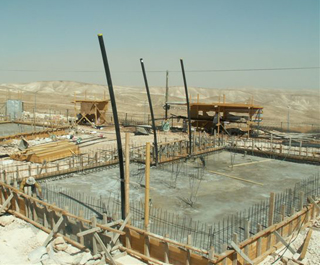
Open letter to PM Netanyahu says controversial settlement expansion could be ‘final blow to a peaceful solution‘
Washington, DC – More than four hundred US rabbis, cantors, rabbinical students and cantorial students are expressing grave concern about Israel’s plans to advance the construction of settlements in the controversial E1 area of the West Bank and authorizing thousands of new housing units in East Jerusalem.
In an open letter to Israeli Prime Minister Benjamin Netanyahu, the rabbis, cantors, and students warn that the move undermines the territorial contiguity of the future Palestinian state and the prospects for reaching a two-state solution, while damaging US-Israel relations.
Construction in E1 would violate repeated commitments that Israeli governments have made to the United States since 1994 not to build there.
Thus far, the letter has been signed by more than 400 rabbis from 38 states and the District of Columbia. The majority of the signers are congregational leaders.
Americans for Peace Now, J Street and Rabbis for Human Rights-North America coordinated the appeal.
More details on the planned construction in the E1 area and its implications for the two-state resolution can be found at/entries/post_69#.UM9PHW_AeDM
——————————————————————
“THERE YOU GO, MAN. KEEP AS COOL AS YOU CAN. FACE PILES OF TRIALS WITH SMILES. IT RILES THEM TO BELIEVE THAT WE PERCEIVE THE WEB THEY WEAVE. SO KEEP ON GOING. TOGETHER WE STAND ON THE THRESHOLD OF A DREAM.” — THE MOODY BLUES
“OPEN THE WINDOW, AUNT MILLIE.”
LOVE TO ALL.



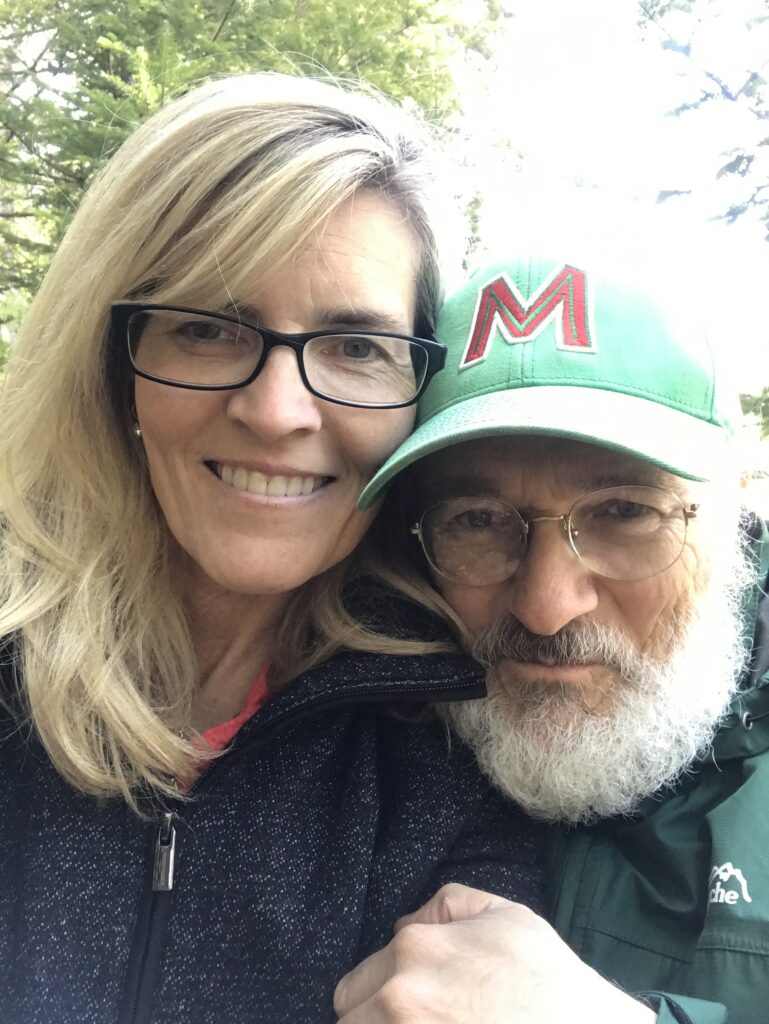
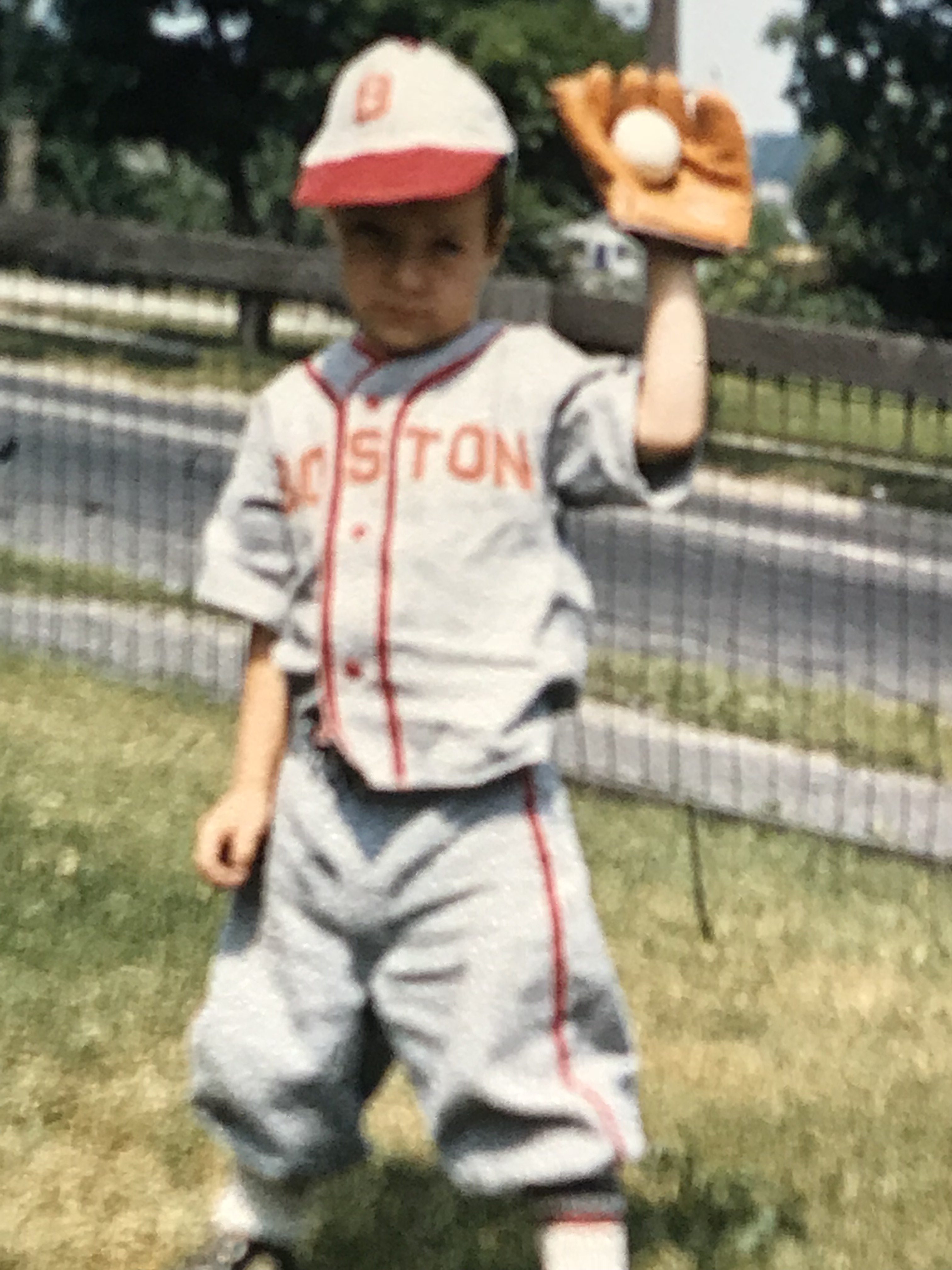
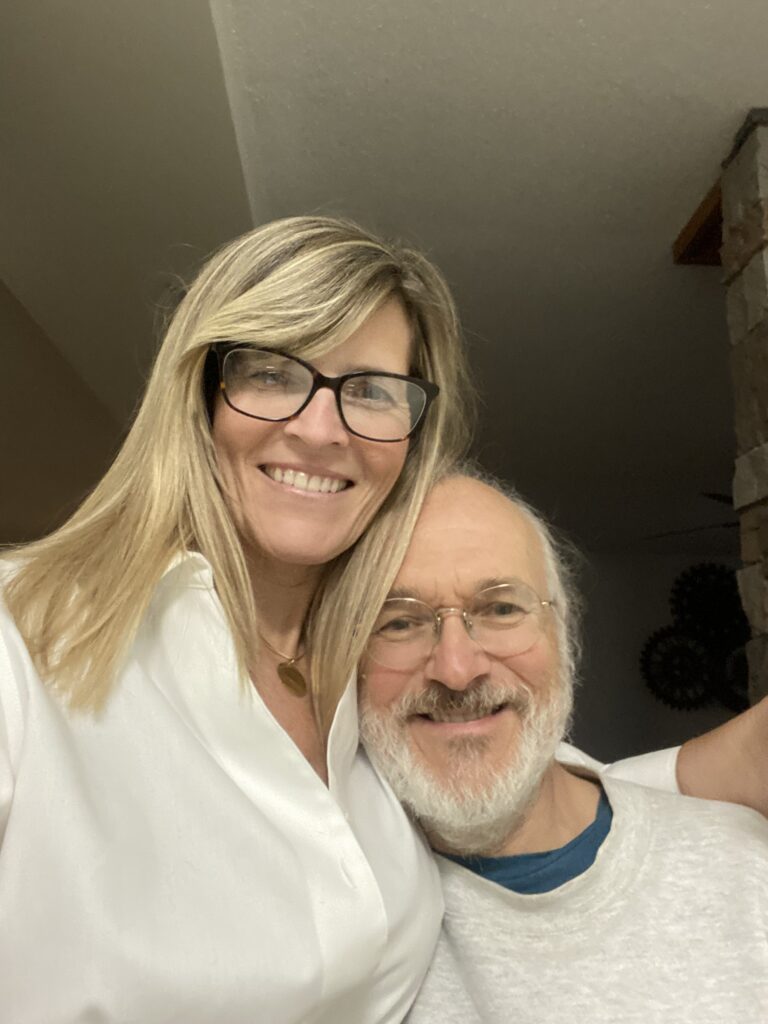

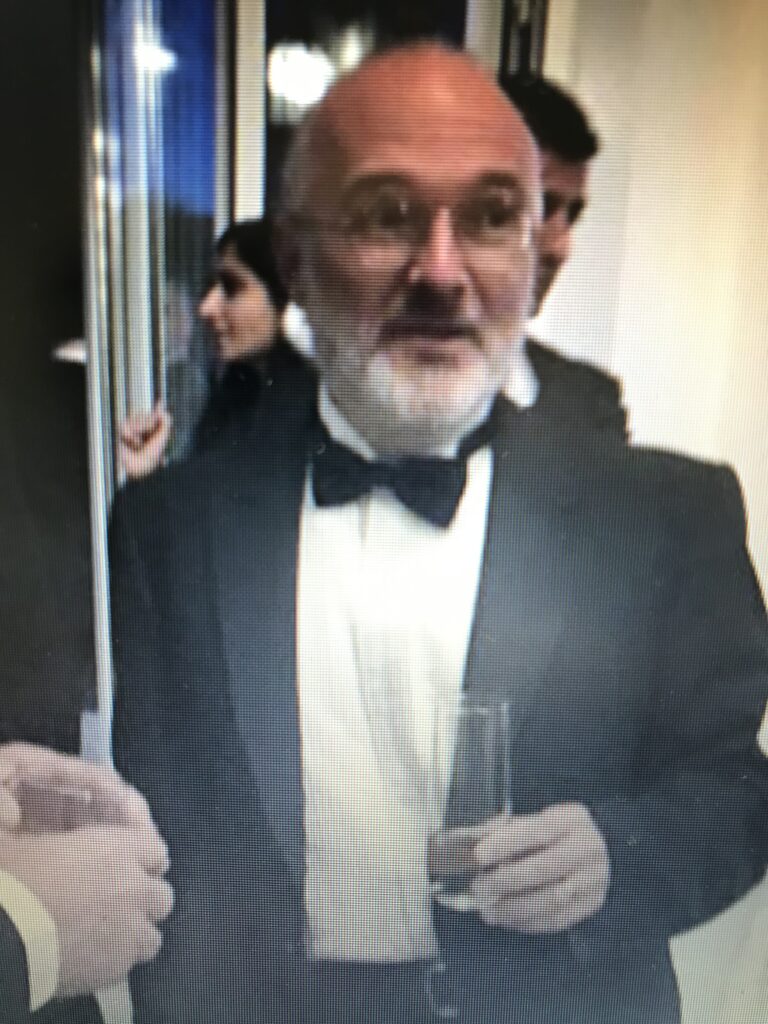

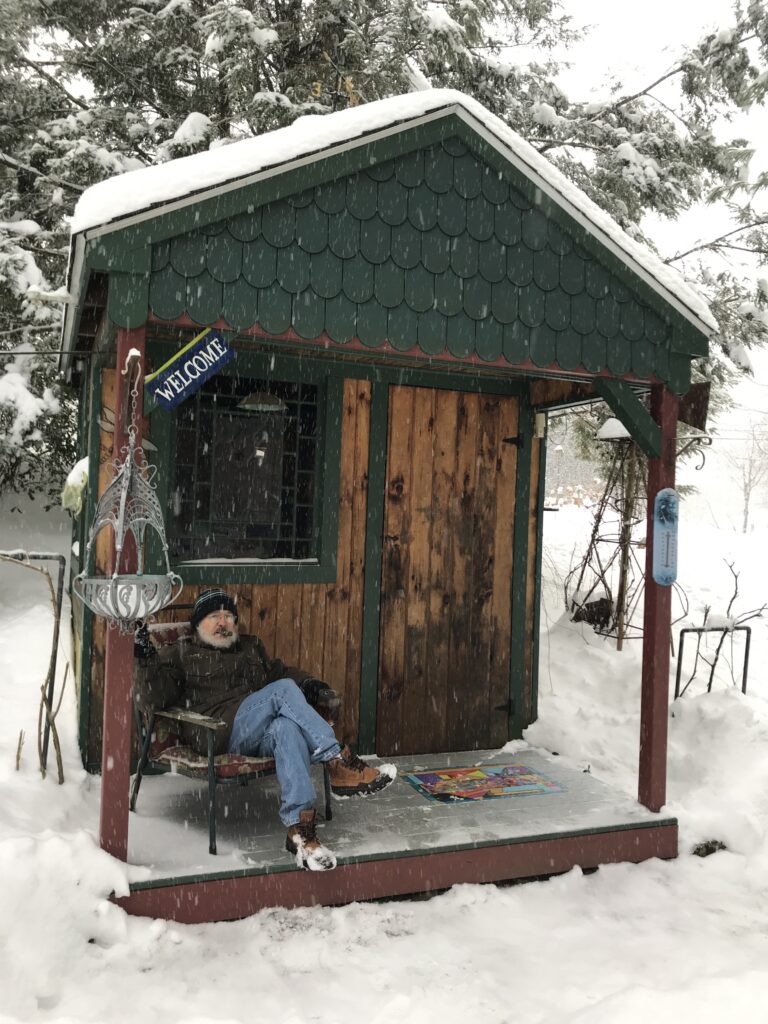
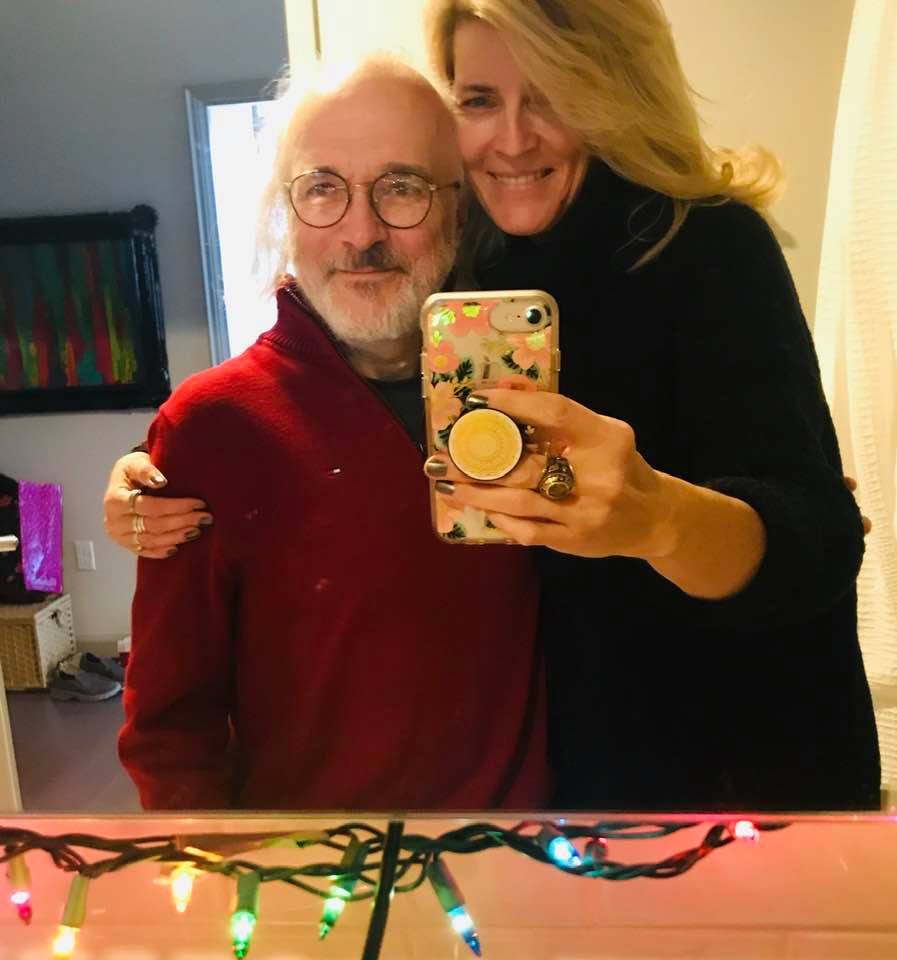
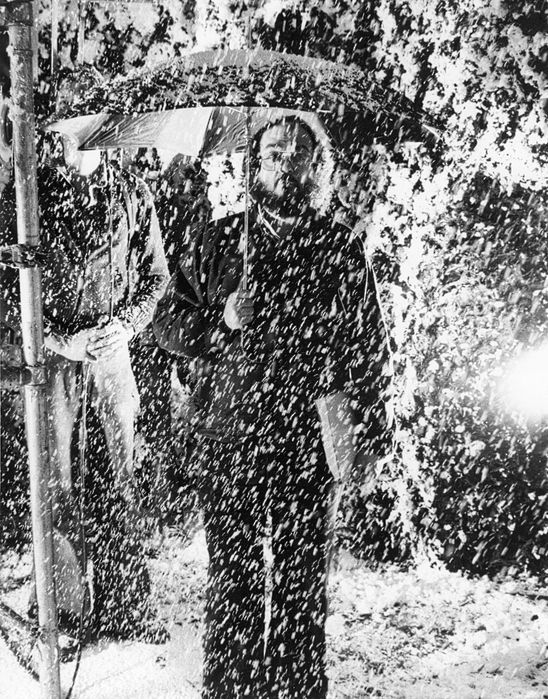

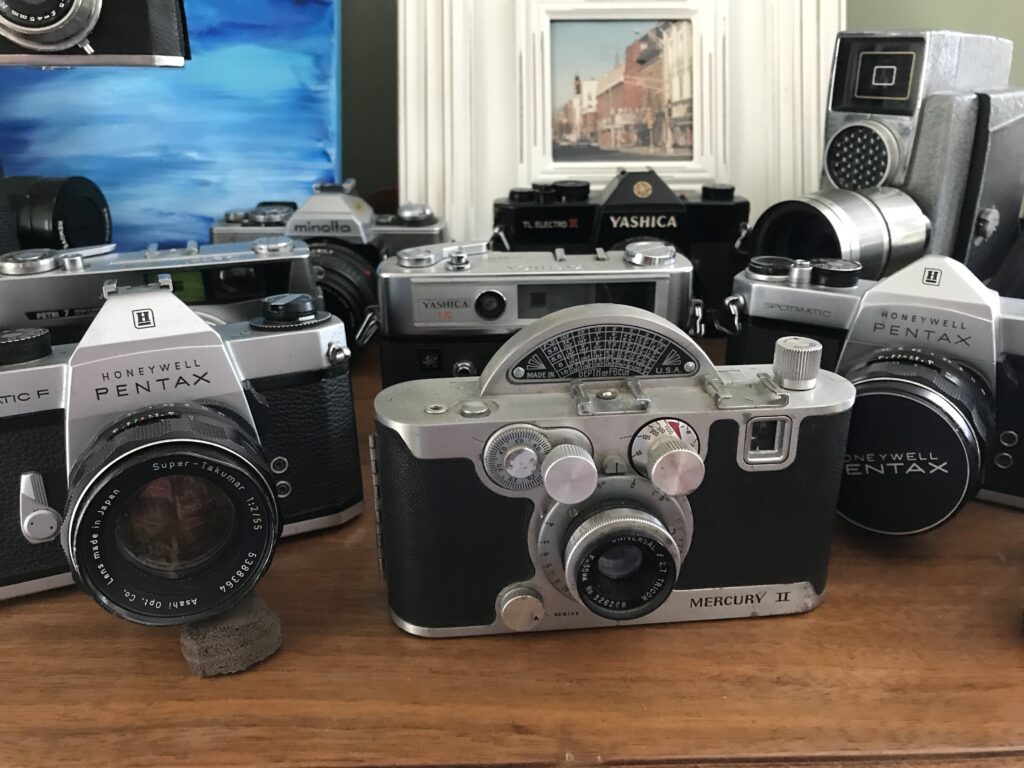

Nice coverage of an important story. You don’t do a lot of this here but when you do it’s information we can never read in the Eagle.
Thank you, EDWARDO. The Middle East’s tenuousness in terms of regional stability makes it the most important foreign news story, but as you say, the BB (Eagle) has scant coverage. The little it does present is blatantly skewed to make Israel look like saints and the Palestinians look like sinners. We prefer a more balanced approach.
Israel has big modern guns and troops willing to shoot them. They’ve proven themselves a force to be reckoned with. My only question: Is Obama a Muslim or does he hate Muslims? You can’t have it both ways. Since it’s inception Israel has adapted and overcome. since Islam has waged war on Americans they have from their own doing put themselves in the position their in. correct me if I’m wrong do they not want to push their ideology on the world and wish death on America no less the the radical WBC?
Sorry for the typos you know what I’m saying I hope.
*they’re
*than
SCOTT
It’s not easy to address all the points you bring up here, but a response is in order.
* Obama is a Christian
* Islam is a religion. It is not a geopolitical force or a military tactic.According to “The Key to Understanding Islam,” the religion’s fundamental goals can be found in six preservations: preservation of religion, of life, of wealth, of mind, of lineage, or honor. It is “a religion of tolerance and ease,” of “mercy and compassion.” Like all religions, there seems to be a multiplicity of interpretations on how best to live out these tenets. Also like all religions, when fundamentalism and nationalism get thrown into the mix, especially in a political context, the “religion” can seem to stand for opposite goals. We’ve seen this happen with fundamental, evangelical Christianity and its attempted hijacking by the extreme right.
I understand the Obama thing was aimed at the far right who claimed he was a Muslim for the past five years and now are saying he hates Muslims.
So the real question is do the people who support the Islamic religion in Palestine and other countries that practice Islam wish death on America for similar reasons as the WBC? Simply because they believe are way of life is wrong. I think it’s time for America to once again mind it’s own business and focus on it’s own people while Israel and Palestine figure out how to live together in Peace or kill each other off. It makes me wish the rumors of a higher intelligence and a mass awakening to a higher consciousnesses were true.
As I’ve said before… When Dan is wrong, he is spectacularly wrong.
Please elaborate. Contribute something other than criticism.
When you are vague, general, and not making sense, you are spectacularly vague, general, and not making sense. If DV is wrong, spell it out, where? On what points? Please that will add to the discussion that would be worthy of respect.
I agree this is a subject I’m really up to speed on. I have a general idea but I’m open to others take on it especially those that practice Islam. I’m curious if they really want us all dead.
In an Islamic society, a non-believer has 3 choices.
1. Convert to Islam
2. Become a sub-citizen. This is called dhimmitude.
3. Death
So are you saying that in their religion that’s it? I mean the WBC claims to be christian. DO all of them feel that way?
Look what they did in Russia 2004
http://en.wikipedia.org/wiki/Beslan_school_hostage_crisis